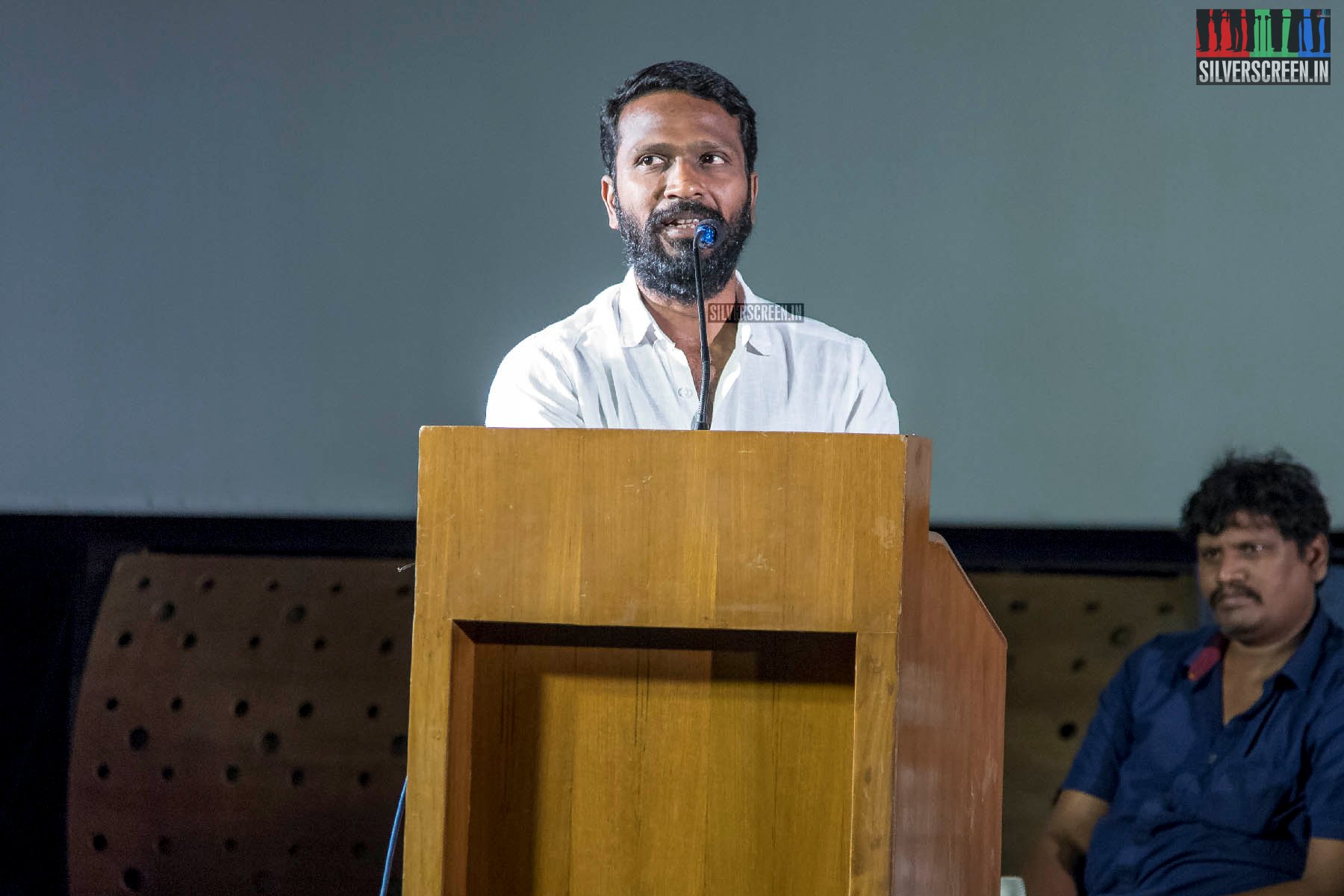Director: Rima Das
Cast: Manabendra Das, Bonita Thakuriya, Manoranjoan Das, Pakija Begum, Arnali Das
Composer: Kabindra Patowary, Dotora
Rima Das’s high productivity is a gift any artiste must aspire for. Before the waves that her Village Rockstars has created could settle, she is back to the film festival circuit with another feature film, Bulbul Can Sing, which is, again, set in her Assamese village and worked on by a non-professional crew comprising her family and friends. A set of incredibly talented actors make up the cast. Here too, Das herself takes up multiple roles behind the camera, including cinematography, which ensures that the film has a texture very similar to that of Village Rockstars.
Unlike Village Rockstars that flowed without a conventional plot, here, the narrative in Bulbul… is more familiar – there is an inciting event and consequences. The force of patriarchy that lurked beneath the surface in Village Rockstars comes out in the open and plays the mighty antagonist in this one. In a particular scene, the film breaks away from its blissful naturalistic style to turn several shades darker, evoking a sense of claustrophobia and trauma from where the film nearly doesn’t recover.
The film sets itself around three fifteen-year-olds, Bulbul (Arnali Das), Bonnie (Bonita Thakuriya) and Suman (Manoranjoan Das), who are like buds from the same node. They live in the same neighborhood, go to the same school and spend most of their time together. They do what every set of adolescent best friends do. They play games, cook up ghost stories, laugh hysterically over silly jokes. When a classmate falls in love with Bulbul, Suman offers to play cupid, delivering love letters from him to her. At her home, both friends lie on the bed together and read the poem. When the boys at school taunt Suman for his femininity, Bulbul and Bonnie hold his hands and offer support. In a world torn on myriad lines, the three friends stay close to each other as they navigate adolescence.
Das’s forte seems to be her sensitivity – to people who live on societal peripheries, to young people and their psyche. Although she claims to be someone who likes to work script-bound, the film has the kind of energy that usually stems from spontaneity and free-handed improvisation on location. The opening sequences are marvelously done, giving the audience a sneak-peek into the intimate world of these adolescents who share a complicated relationship with the society at large. Outside this private space they have created for themselves, the trio has a tough time getting along with the world. Bulbul’s musician father hopes someday the girl, whom he named Bulbul [nightingale] will be known for her voice and singing prowess. But he doesn’t see the social anxiety she suffers from. Her voice turns feeble and her face blue when she has to sing in front of a crowd. In a scene close to the end of the film, she sits by a lake drenched in the torrential downpour, and suddenly sings. It seems to characterise her; someone who isn’t meant to be a professional singer, but sings for herself to express emotions she can’t otherwise channel. Similarly, there is a brief moment when Suman is sitting on a tree, wearing a flower behind his ears. The boy who is always taunted and ridiculed by the villagers – young and old – for his oddity, looks perfectly beautiful in this setting, in sync with the forest.
The film is set in a rustic village where there are lush green paddy fields, fruit orchards and green forest trails. You never really see how the country’s governance or a political party operates here. However, what befalls the trio is eerily reminiscent of the various manifestations of conservatism that is sweeping through the country at the moment in the form of mob-violence and moral policing.
Das’s expression of feminism isn’t strident, but lies in subtle observations. Every evening, Bulbul’s father and his friends gather on the courtyard of the house to sing, and as the men carry out this routine so seriously, the camera goes to the kitchen to find Bulbul and her mom crouched on the floor scraping dirty utensils, and wondering if the music session would ever end. Suman’s sexuality turns him into the butt of cruel jokes. Bulbul’s teacher sends everyone out of the staff-room to pinch her cheeks as she turns red in fear. Several times, we see her mother telling her, “girls should be gentle and quiet.” The village’s conservative elders ostracise the teenagers as they go through a natural sexual awakening.
Recommended
Das’s camera work has an amateurish rough edge to it (several out of focus shots), yet it works greatly as this has the bearing of a very personal film that perhaps no one, but she can grasp in its entirety. “Do what your heart says,” an elder woman tells a brooding Bulbul as they watch the sunset from a riverbed. It is a statement too loud to fit into Das’s cinematic universe. Yet, in a way, it sounds like a line the filmmaker would tell herself everyday; to break the rules and make the kind of films that liberates her.
Bulbul Can Sing was screened at the MAMI Mumbai film festival.
*****
The Bulbul Can Sing review is a Silverscreen original review. It was not paid for or commissioned by anyone associated with the film. Silverscreen.in and its writers do not have any commercial relationship with movies that are reviewed on the site.



